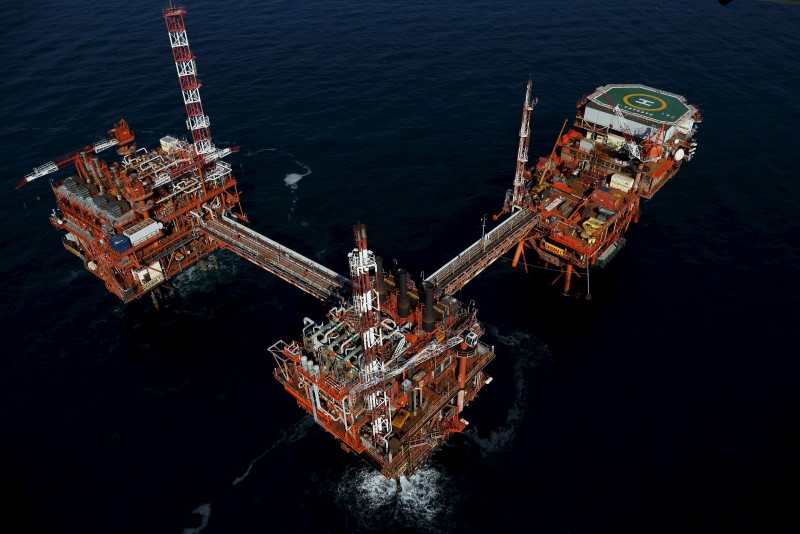By Peter Nurse
Investing.com -- Oil prices retreated Monday, handing back some of the recent gains ahead of the latest news of China’s economic growth, as traders look for signs of demand recovery at the largest crude importer in the world.
By 08:00 ET (13:00 GMT), U.S. crude futures traded 0.7% lower at $81.88 a barrel, while the Brent contract fell 0.6% to $85.75 a barrel.
Both benchmarks recorded their fourth weekly gains last week, the longest such streak since mid-2022, continuing to be boosted by the output cuts announced by OPEC+ producers earlier this month.
The International Energy Agency also helped sentiment last week by forecasting record demand in 2023, seeing demand growth at 2 million barrels a day.
“The IEA expects that 90% of this growth will come from non-OECD countries and is largely driven by China,” said analysts at ING, in a note. “The agency believes that non-OPEC+ production will not be able to offset the cuts recently announced by some OPEC+ members. And so the agency sees an even tighter market over 2H23, pushing both crude and products prices higher.”
With this in mind, the release of China’s first-quarter GDP early Tuesday is seen as key this week, as traders look for signs of demand recovery in the world's second-largest oil consumer.
China’s GDP is expected to have grown 4% in the January-to-March period from a year prior. That’s a faster pace than the last three months of 2022, when the economy expanded 2.9%, but still slower than the official annual growth target of around 5%.
Chinese industrial output data for March is also due for release on Tuesday, and this will include domestic refining activity.
Also weighing on the crude market Monday has been gains in the U.S. dollar, which has rebounded from last week’s one-year low as strong banking results have raised expectations that the Federal Reserve will hike interest rates again in early May.
A stronger dollar makes commodities denominated in the greenback, like oil, more expected for investors holding other currencies, hitting demand.
Elsewhere, the Group of Seven is likely to keep a $60 per barrel price cap on seaborne Russian oil, Reuters reported a coalition official as saying, despite rising global crude prices.
